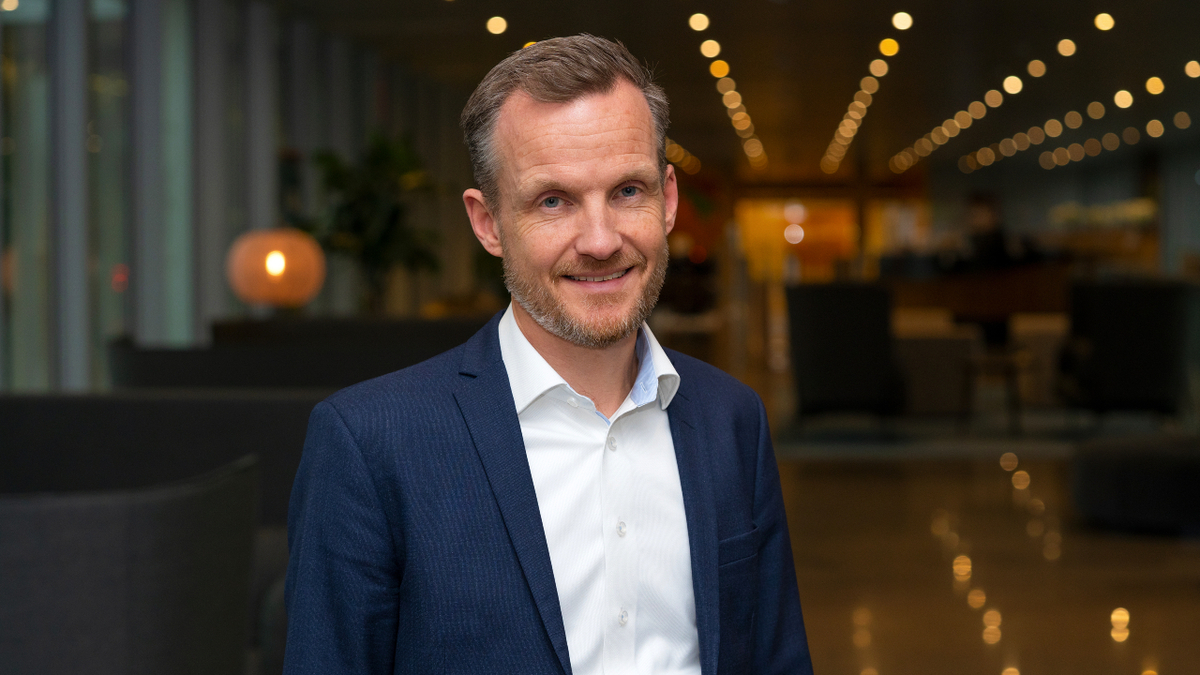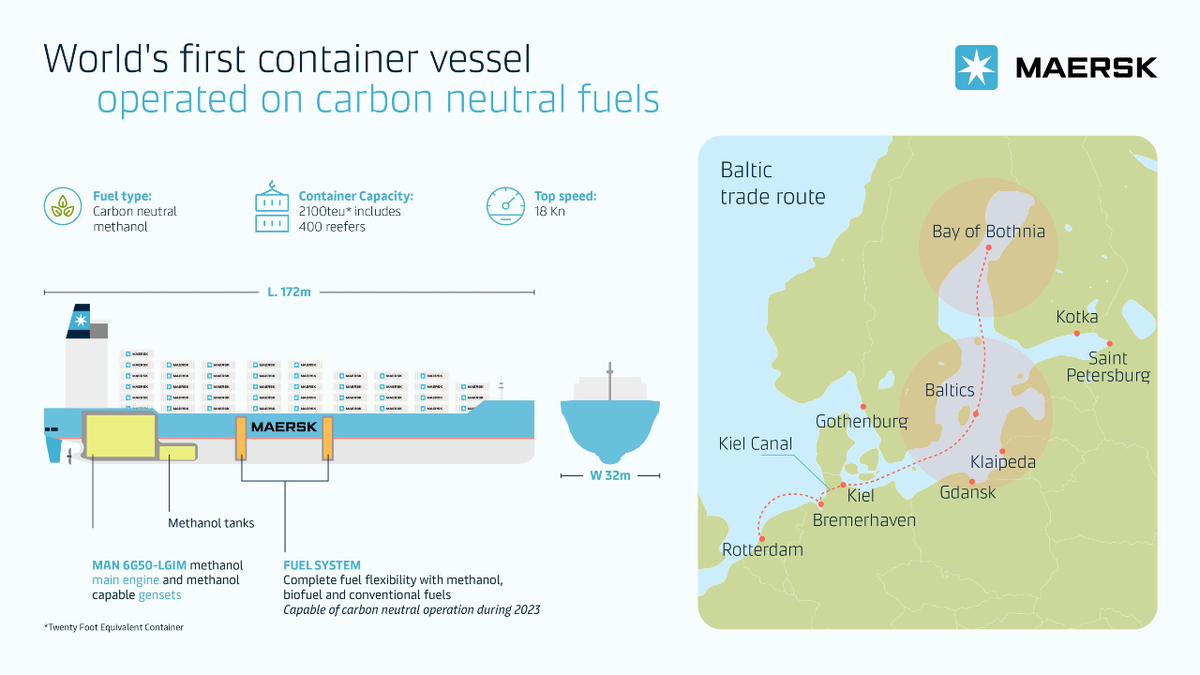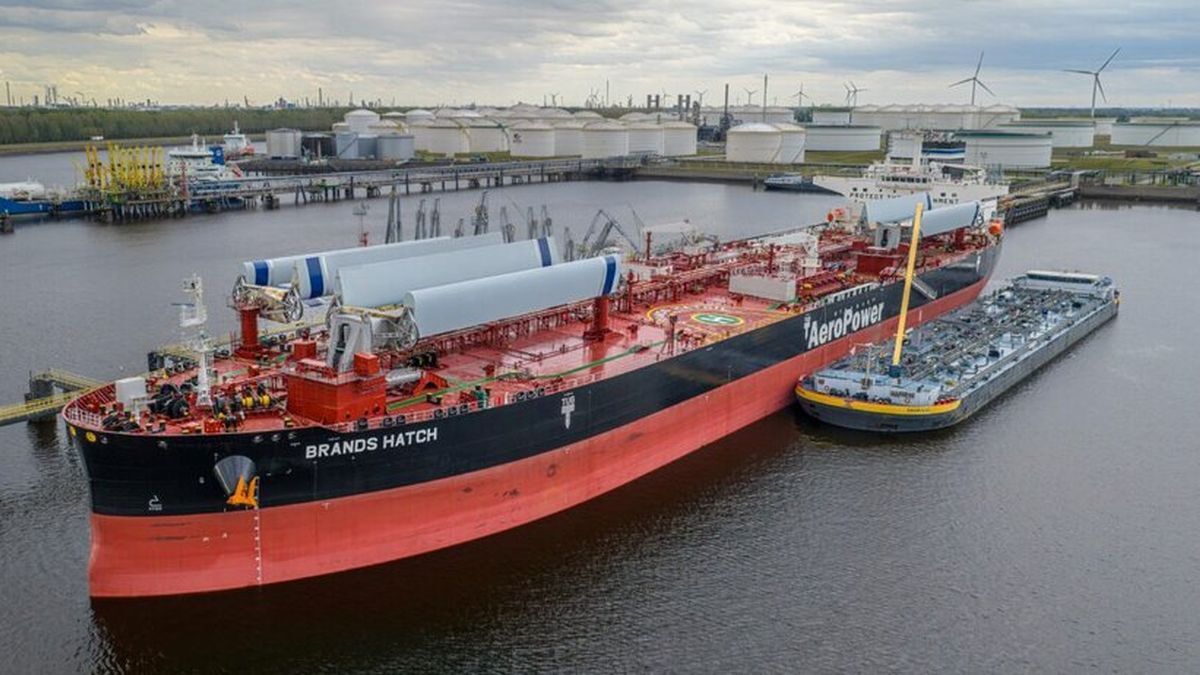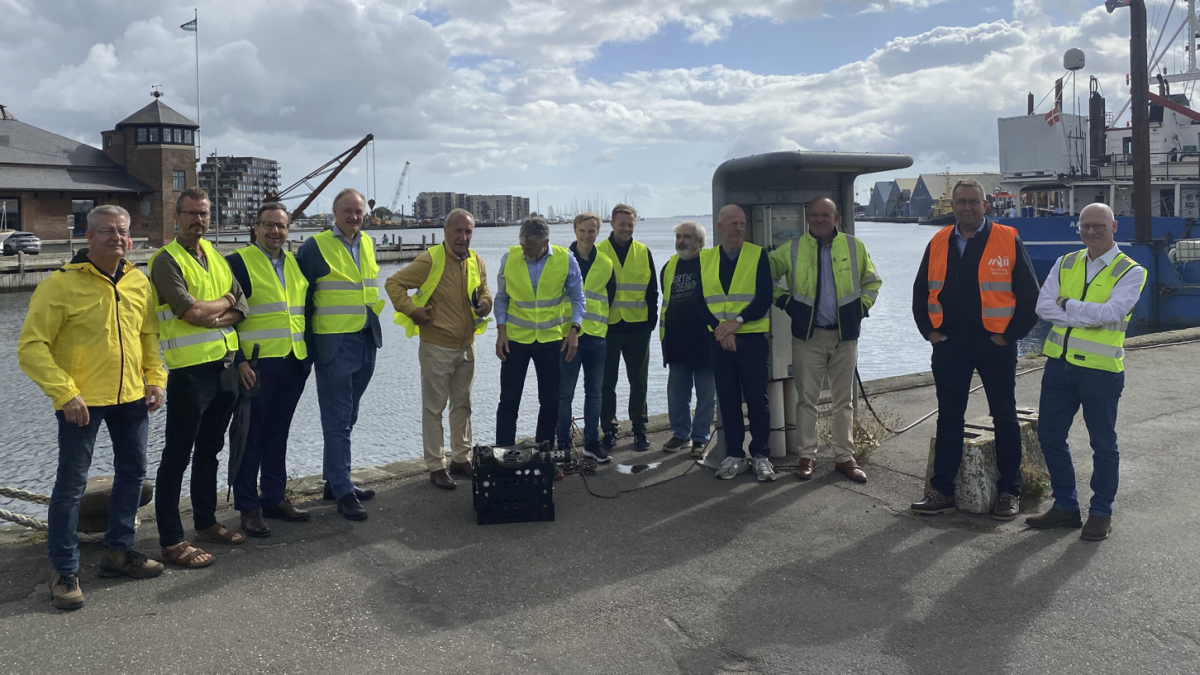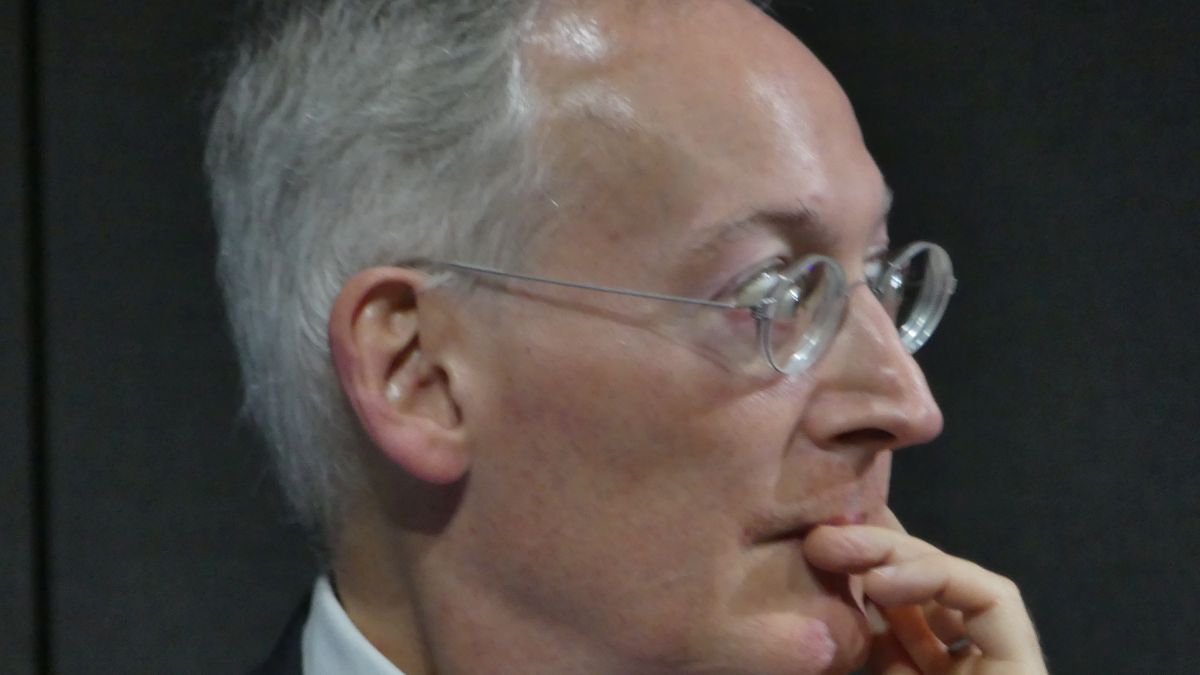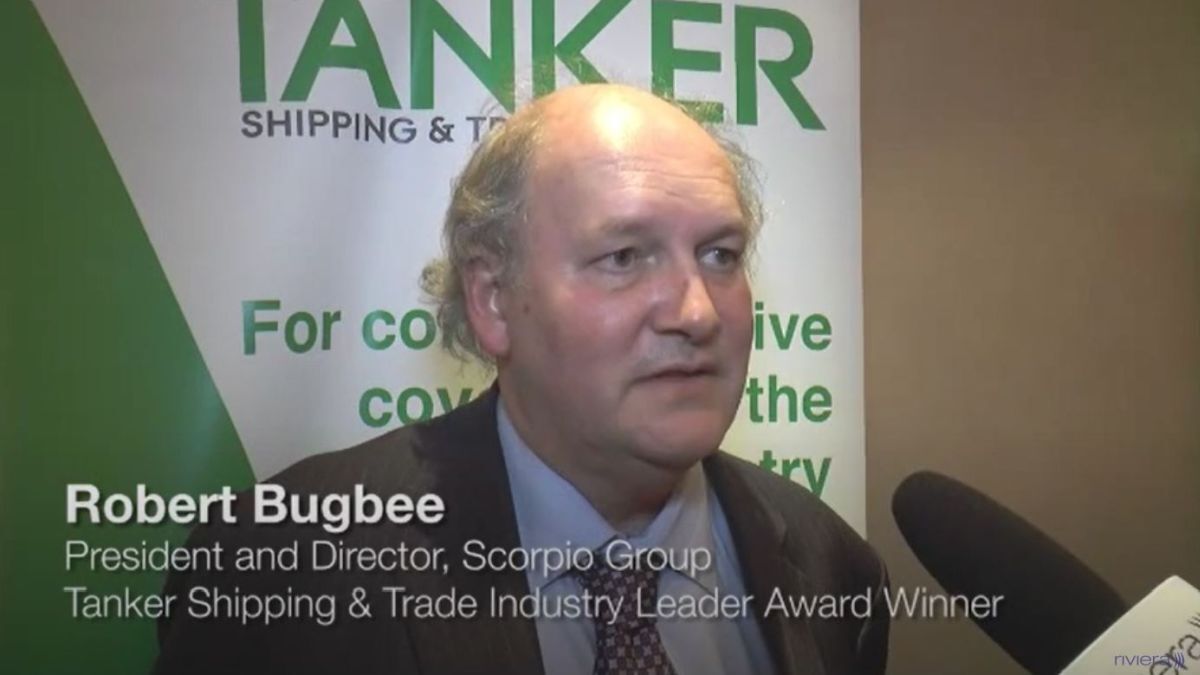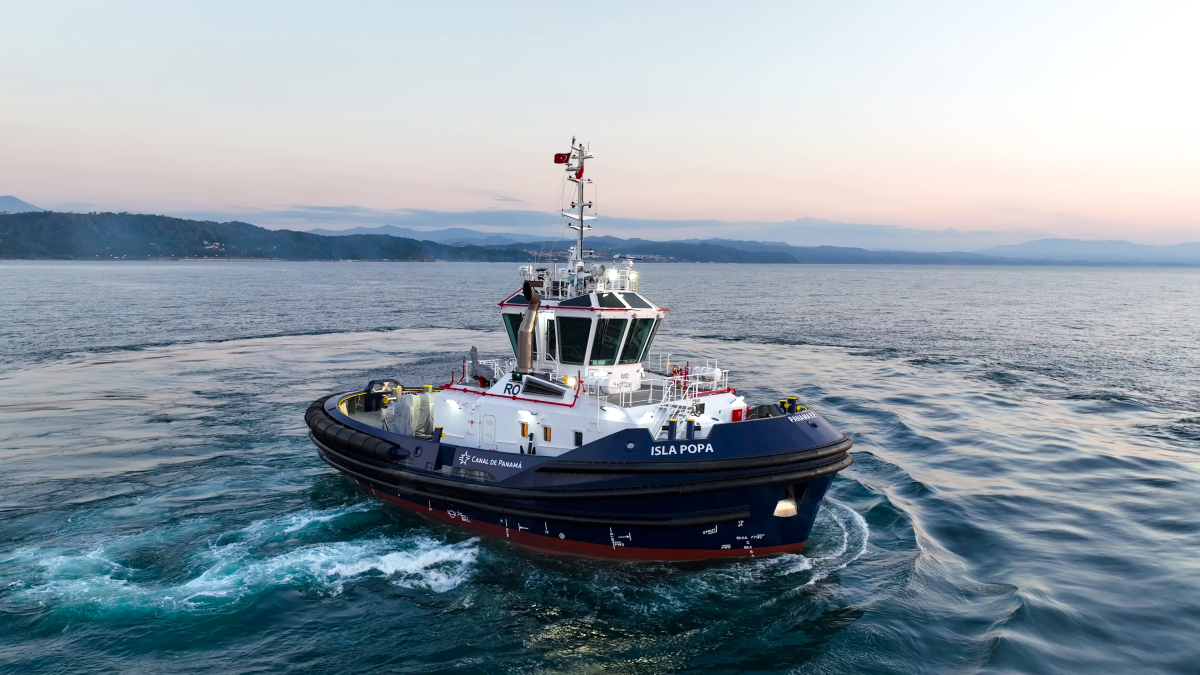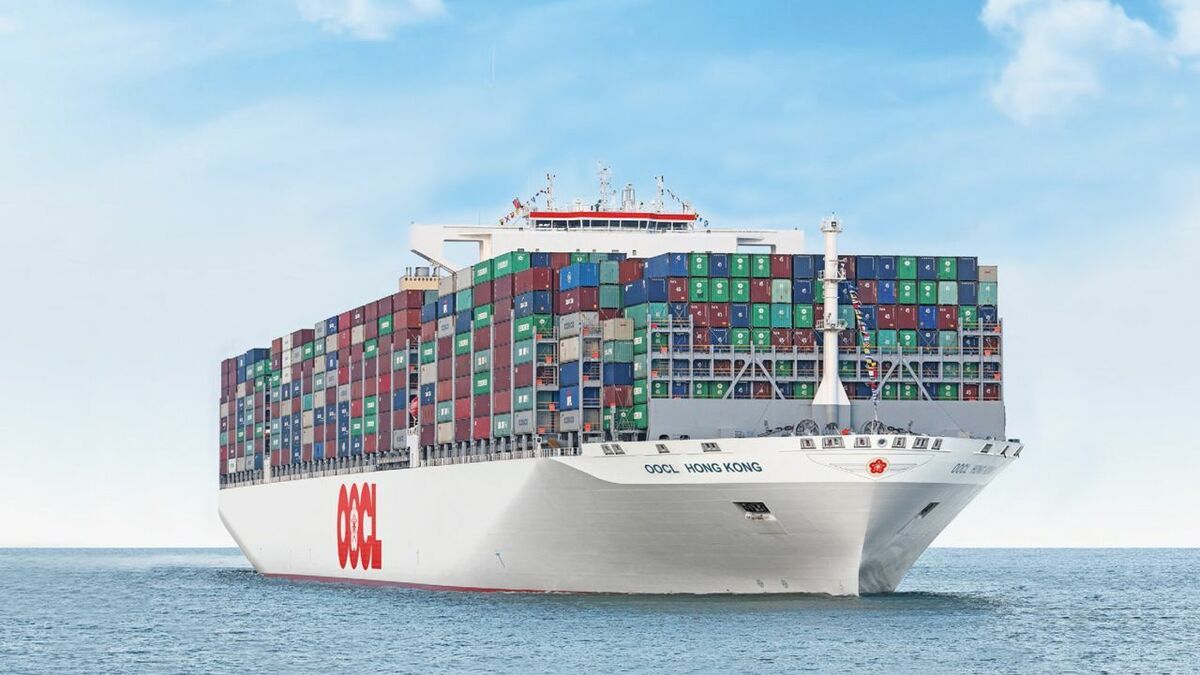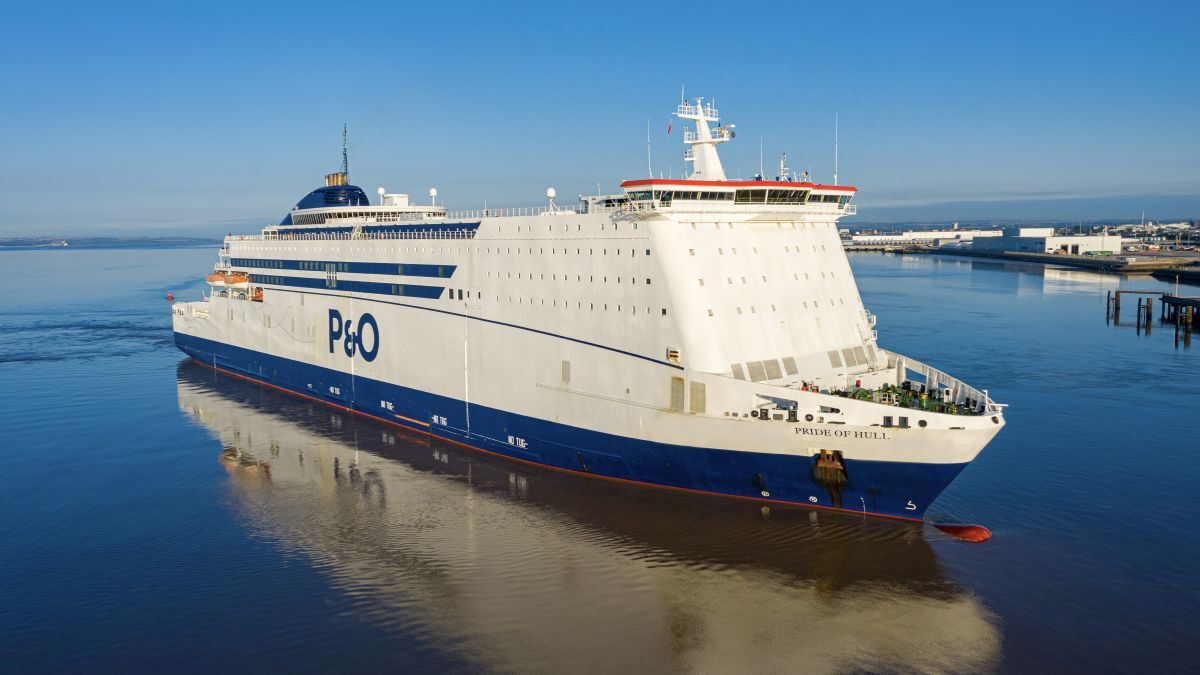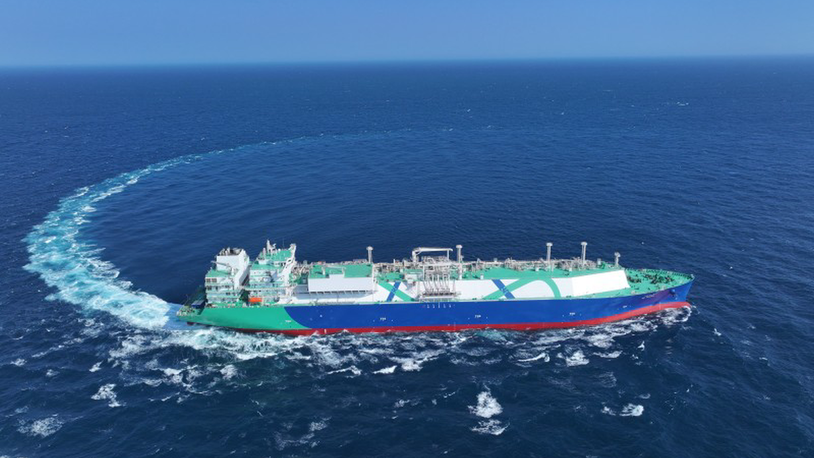Business Sectors
Events
Offshore Wind Webinar Week
Contents
Register to read more articles.
Maersk orders world’s first carbon-neutral methanol-fuelled box ship
Making good on its plans to operate the world’s first container ship powered by carbon-neutral methanol by 2023, AP Moller-Maersk has inked a contract for such a vessel with Hyundai Mipo Dockyards
To be deployed in Baltic regional trade and flying the Danish flag, the feeder ship will have a capacity of 2,100 TEU, including 400 reefer containers. Built to ABS class, the ship will be equipped with dual-engine technology enabling it to sail on either methanol, biofuels or very low sulphur fuel oil. The dual-fuel, low-speed, two-stroke MAN 6G50-LGIM main engine will be developed by MAN Energy Solutions and Hyundai Engine and Machinery, with methanol-capable auxiliary gensets by HiMSEN in collaboration with the shipbuilder and Maersk.
“This groundbreaking container vessel shows that scalable solutions to properly solve shipping’s emissions challenge are available already today,” said AP Moller-Maersk chief executive of fleet and strategic brands Henriette Hallberg Thygesen. “From 2023, it will give us valuable experience in operating the container vessels of the future, while offering a truly carbon-neutral product for our many customers who look to us for help to decarbonise their supply chains,” added Ms Thygesen.
While the value of the contract was not disclosed, a stock exchange filing on 30 June by HMD reported it won a contract from a European shipping company valued at US$76.1M to build two container ships for delivery June 2023. As of press time, Maersk had not responded to inquiries from Marine Propulsion for additional details on the contract.
Calling it “an exciting day”, AP Moller-Maersk head of decarbonisation Morten Christiansen noted the ship would hit the waters in 2023, seven years ahead of Maersk’s original ambition of having the first carbon-neutral ship in operation by 2030, and follows up on the Danish shipping giant’s announcement in February of its intent to build the vessel.
“We are very proud we will have a properly green and scalable product that we can offer our customers,” said Mr Christiansen in a social media post, adding, “We hope we will inspire others because this contract shows this can be done.”
At 172 m long and 32 m wide, the feeder ship will sail in the network of Sealand Europe, a Maersk subsidiary, on the Baltic shipping route between Rotterdam in northern Europe to the Bay of Bothnia.
”Developing this vessel is a significant challenge, but we have already come a long way in our work with the yard and the makers to reach this milestone,” said AP Moller-Maersk head of fleet technology Ole Graa Jakobsen. “While we are pioneering these solutions for our industry, we are working with well-proven technologies and the cost potential from further scaling is becoming very clear to us,” he noted.
Maersk points out that more than half of its largest customers have set or are in the process of setting ambitious science-based or zero-carbon targets for their supply chains, making the order another important step in the company’s efforts to support the rising number of customers calling for carbon-neutral products.
AP Moller-Maersk has proposed a carbon tax of US$450 per tonne of fuel (or US$150 per tonne of CO2). AP Moller-Maersk chief executive Søren Skou said the levy will “bridge the gap between the fossil fuels consumed by vessels today and greener alternatives that are currently more expensive” in a social media post prior to the IMO MEPC 76 meeting last month.
“Fossil fuels cannot keep being cheaper than green fuels. Action is required now. It is vital to consider all greenhouse gases, not just CO2, on a full lifecycle analysis, otherwise we will not be able to truly decarbonise shipping by 2050 in line with the Paris Agreement.”
The EU will meet 14 July in Brussels consider expanding the EU Emissions Trading System to cover ships calling at European ports.
Riviera Maritime Media’s Marine Propulsion Webinar Week is being held 26 July 2021 – use this link for more details and to register
Related to this Story
Events
Offshore Wind Webinar Week
Maritime Decarbonisation, Europe: Conference, Awards & Exhibition 2025
Offshore Support Journal Conference, Americas 2025
© 2024 Riviera Maritime Media Ltd.


